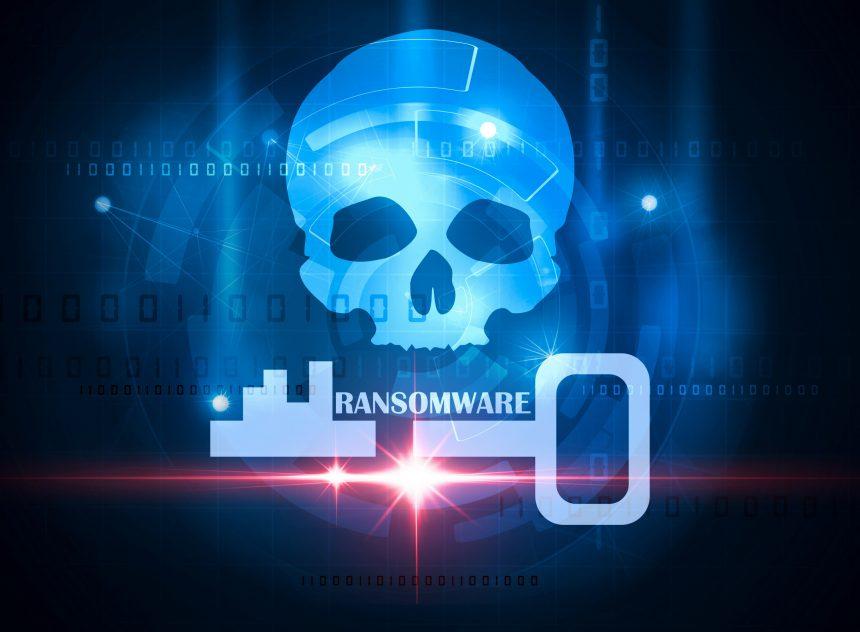Ransomware is a type of malicious software designed to deny access to a computer system or its data until a ransom is paid. It encrypts files on the infected system, making them inaccessible to the user. The attacker then demands payment, usually in cryptocurrency, in exchange for the decryption key. This form of malware is notorious for its ability to cause significant disruption to both individuals and businesses.
About Colony Ransomware
Colony Ransomware is a particularly aggressive strain of ransomware that encrypts files and demands a ransom for their release. Once installed, Colony Ransomware begins its attack by scanning the infected system for files to encrypt. It uses advanced encryption algorithms to render these files unreadable, effectively locking the user out of their own data.
The installation of Colony Ransomware typically occurs through malicious email attachments, infected software downloads, or compromised websites. Once on the system, the ransomware starts encrypting files and adds a specific extension to the encrypted files, such as .colony. This extension helps identify the files affected by the ransomware and indicates that they have been compromised.
The consequences of Colony Ransomware’s presence on a system are severe. Users find their important files—such as documents, images, and videos—rendered inaccessible. The ransomware demands a ransom payment to decrypt these files, which can lead to substantial financial losses and data recovery challenges.
Ransom Note Overview
Colony Ransomware leaves a ransom note on the infected system, typically in the form of a text file. This note instructs the user on how to pay the ransom and threatens permanent loss of data if the payment is not made within a specified time frame. The note often includes contact information for the attackers and may provide instructions for negotiating the ransom amount.
Text presented in the ransom note:
Email 1:
support2022@cock.li
Email 2:
colony96@cock.li
Your id: –
Send messages to both emails at the same time
So send messages to our emails, check your spam folder every few hours
If you do not receive a response from us after 24 hours, create a valid email, for example, gmail,outlook
Then send us a message with a new email
Purpose and Threat of Ransomware
The primary purpose of ransomware like Colony is to extort money from victims by exploiting their critical data. It infiltrates systems through various vectors, including phishing emails and malicious software, and poses a severe threat by locking users out of their essential files. The term “ransomware” aptly describes the nature of this threat, as it involves holding data hostage until the ransom is paid.
Symptoms of Colony Ransomware Infection
If Colony Ransomware has infected your system, you may notice the following symptoms:
- Encrypted files with a new extension, such as
.colony. - A ransom note file on your desktop or in other locations.
- System performance issues or unusual behavior.
- Inability to access files that were previously available.
Detection Names
To determine if Colony Ransomware or similar malware is present on your system, look for the following detection names:
- Colony Ransomware
- Ransom.Colony
- .colony File Encryptor
Similar Threats
Other ransomware strains that you might encounter include:
- Cryptolocker
- WannaCry
- Ryuk
- Locky
Removal Guide
To remove Colony Ransomware, follow these detailed steps:
- Enter Safe Mode:
- Restart your computer and press F8 (or Shift + F8) before Windows starts loading.
- Select “Safe Mode with Networking” from the options menu.
- Disconnect from the Internet: This prevents the ransomware from communicating with its server and spreading further.
- Identify and Remove Ransomware Files:
- Use Task Manager (Ctrl + Shift + Esc) to locate and end suspicious processes.
- Open File Explorer and delete any files related to the ransomware, such as the ransom note and files with the
.colonyextension.
- Run a Full System Scan:
- Download and install SpyHunter, a reputable anti-malware tool.
- Perform a full system scan to identify and remove any remaining traces of the ransomware.
- Restore Your Files:
- If you have backups, restore your files from there.
- Do not pay the ransom; there is no guarantee that the attackers will provide a decryption key.
Prevention Tips
To prevent future ransomware infections:
- Regularly update your software and operating system.
- Use a robust anti-malware solution, such as SpyHunter, and keep it updated.
- Avoid opening email attachments or clicking on links from unknown sources.
- Regularly back up your important files and store backups in a separate location.
To safeguard your system from ransomware like Colony, download SpyHunter today. It offers comprehensive protection and can detect and remove a wide range of malware threats. Run a free scan to check for any potential threats on your computer.





